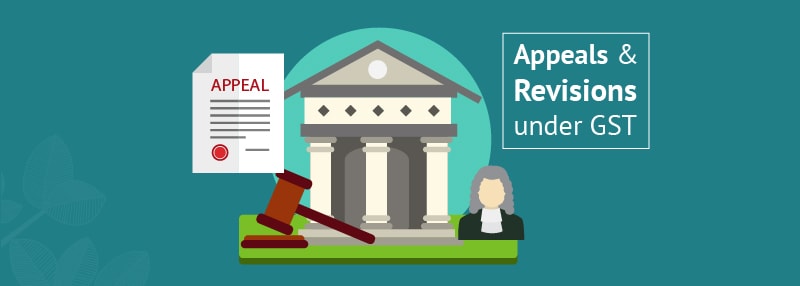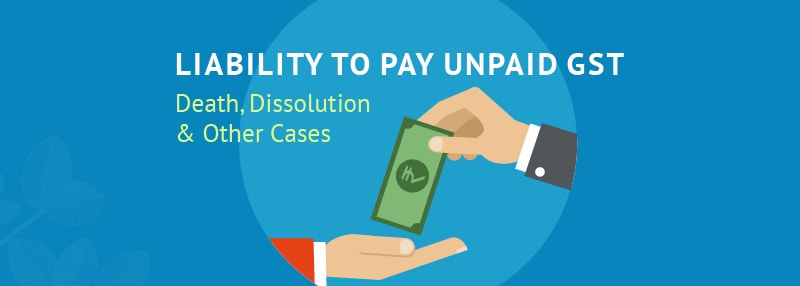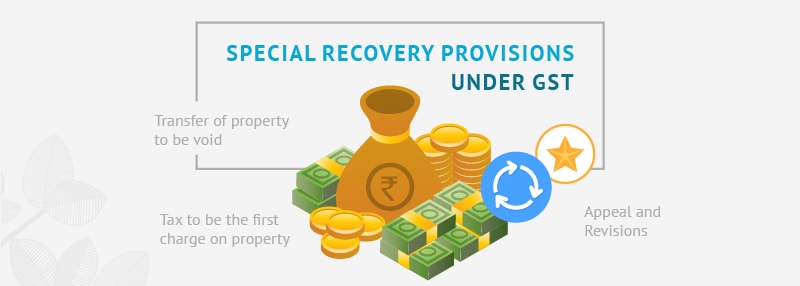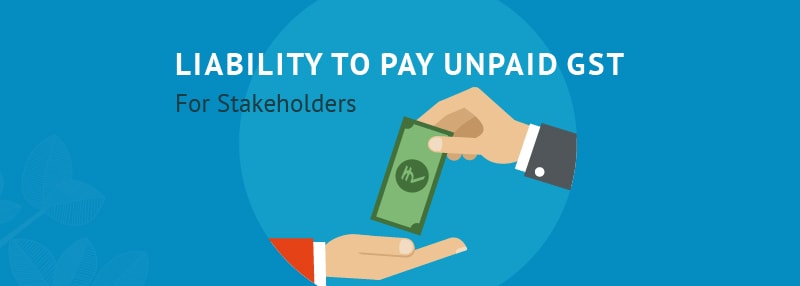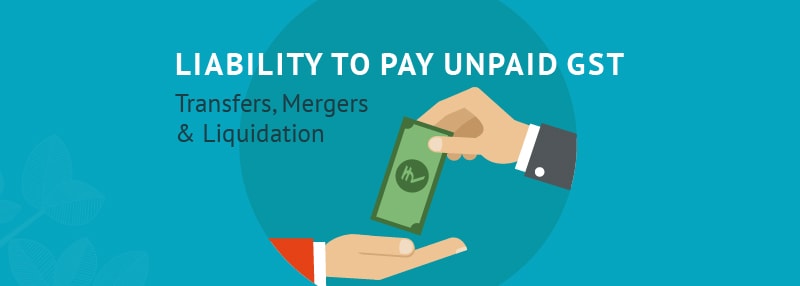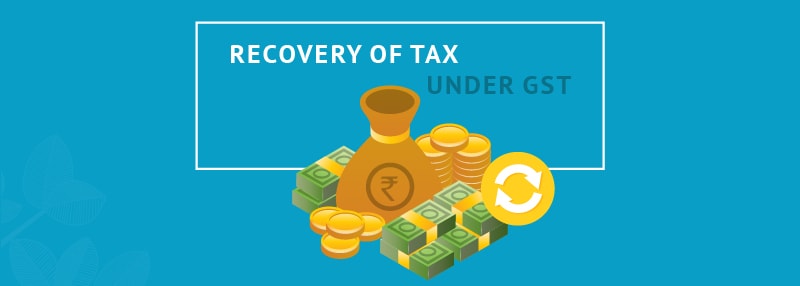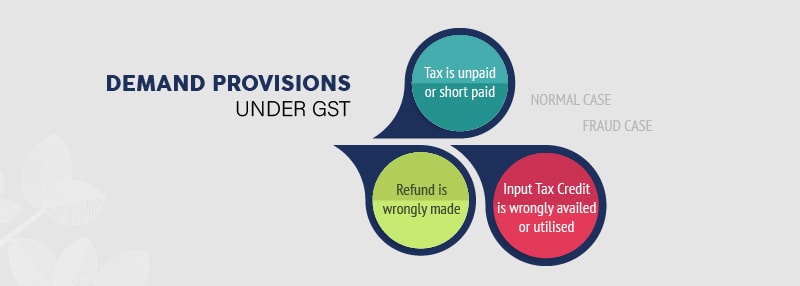In our previous blogs, we have taken you through the various provisions which cover the various provisions pertaining to demand, recovery and liability, when it comes to paying the unpaid tax, interest or penalty. However, any taxable person who is incorrectly facing any kind of a penalty, has an opportunity to appeal to a higher court in order to reversal the order given by a lower court, as per the GST law. If the appeal is successful, the relevant revisions are done.
In this series of blogs, we will study in detail about the various provisions related to GST appeals and revisions.
Appeals under GST – when are they invoked?
The GST law pertaining to GST appeals and revisions, primarily imposes two types of obligations – tax-related and procedure related. The taxpayers’ compliance with these obligations is verified by the proper tax officer, via audits, examinations etc. In certain cases, there are situations of actual or perceived non-compliance, which obviously leads to difference in opinion. If the difference persists, it results in a dispute, which then needs to be resolved.
To begin with, the dispute is initially resolved by a departmental officer resulting in the issue of an initial order. The order or decision is first passed by the Adjudicating Authority under GST, an entity which is considered competent to pass any order or decision under the GST Act, but does not include the Board, First Appellate Authority and the Appellate Tribunal.
However, if a taxable person is not satisfied by the decision or order passed by the Adjudicating Authority, then he can appeal to a higher court. The appeal, as discussed above will be an application to a higher court to reverse the decision of a lower court.
The following are the 4 levels of the appeal procedure in GST, as per the provisions for appeal and revision in GST:
| Appeal Level | Orders Passed By | Can Appeal To |
| 1st | Adjudicating Authority | First Appellate Authority |
| 2nd | First Appellate Authority | Appellate Tribunal |
| 3rd | Appellate Tribunal | High Court |
| 4th | High Court | Supreme Court |
Now, since India follows a dual GST structure, a natural question which arises is – should an appeal need to be made to both CGST as well as SGST / UTGST authorities. As per the provisions of GST appeals and revisions, both CGST as well as SGST / UTGST officers are empowered to pass orders, and an order passed under CGST will also be deemed to be applied to SGST / UTGST. However if an officer under CGST has passed any order, any GST appeal and revisions against that order, will lie only with the officers of CGST. The same will apply in the case or orders passed under SGST / UTGST.
Fees for filing GST appeals process
All appeals must be made by filling the prescribed GST appeal formats and by paying the required fees. The fee will be the full amount of tax, interest, fine, fee and penalty arising from the challenged order and a sum equal to 10% of the remaining amount of tax in dispute arising from the order, for which an appeal has been filed.
In cases, where an officer or the Commissioner is appealing, fees will not be applicable.
GST appeals and revisions – authorized representative
In case a person is not able to appear personally before the requisite GST appeal authority, he may assign an authorized authority to appear on his behalf. An authorized representative may be any one of the following:
- A relative
- A regular employee
- A lawyer practising in any court in India
- Any Chartered Accountant / Cost Accountant / Company Secretary, with a valid certificate of practice
- A Retired Officer of the Tax Department of any State Government or of the Excise Department whose rank was at least that of a Group B gazetted officer*
- Any tax return preparer
*Note: Retired officers cannot appear in place of the concerned person within 1 year from the date of their retirement, as per the provisions of GST appeals and revisions.
Scenarios when GST appeal cannot be filed
As per the provisions for appeals and revisions under GST, appeals cannot be made for the following decisions taken by a GST officer –
- An order to transfer the proceedings from one officer to another officer
- An order to seize or retain books of accounts and / or other documents
- An order sanctioning prosecution under the GST Act
- An order allowing payment of taxes and other amounts in instalments
Also, it may be noted that the Board or the State Government may, on the recommendation of the Council, fix minimum monetary limits for which a GST officer can approve and regulate the filing of appeals. This will avoid unnecessary litigation expenses, where the expense does not justify the amount of tax which is under dispute. In such cases also, an appeal will not be feasible.
